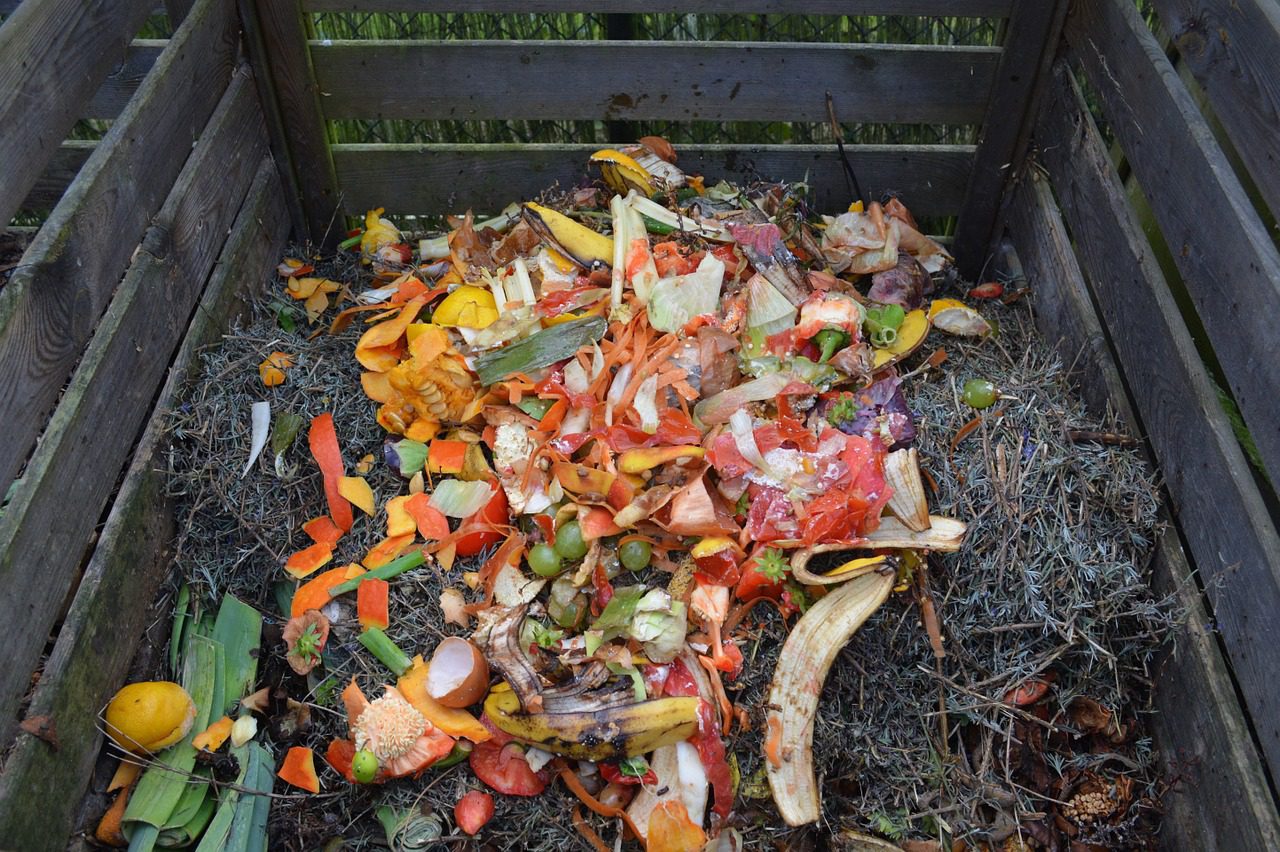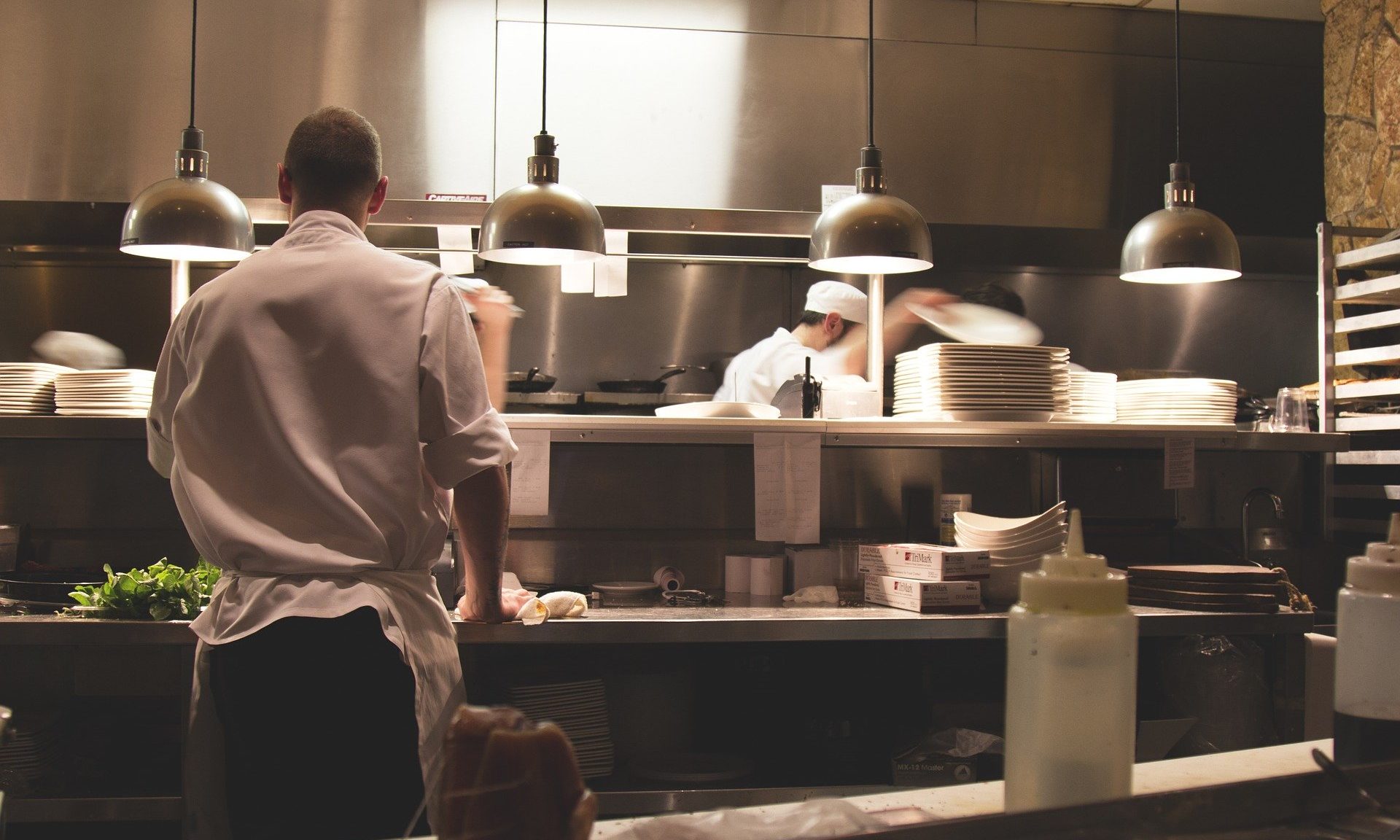Register to get 5 free articles
Reveal the article below by registering for our email newsletter.
Want unlimited access? View Plans
Already have an account? Sign in
We can get so wrapped up in our daily lives, it’s easy to forget that throwing away a plate of food contributes to nearly one-third of food wasted or lost globally each year. If we were to reduce food waste, there would be more available to those who go hungry.
In fact, food waste is a root cause of hunger globally and by demanding less and appreciating more, we could feed double the number of people on the planet who currently go hungry. With this in mind, it’s unsurprising that the reduction of food waste has become a core part of any good corporate social responsibility strategy.
Reducing food waste seems like it should be an easy problem to fix but can come about for a multitude of reasons: mishandling and spoilage, lack of demand from customers, uneaten food and sometimes just simply not being aesthetically appealing enough to be bought by customers.
However, research by Champions 12.3 suggests there is no good reason for businesses not to take action. By paying close attention to the journey food takes, organisations can dramatically reduce the volume of waste they create.
The current challenge is on a mammoth scale, with the food industry wasting one million tonnes of food each year, enough to fill the Shard eleven times over and costing £44 million within the sector. These figures may be hard to swallow but they do demonstrate an opportunity for the catering sector to set an example within the UK economy.
The process starts with clients, organisations and catering staff understanding each step of the food cycle and how some decisions can result in food being wasted. Each step plays its part, but the three main causes of food waste are spoilage, loss during preparation and food not being eaten. These can all be addressed in relatively simple ways with buy-in from stakeholders at each point in the supply chain.
Spoilage
Organisations and contract caterers are in a position where they can work together to reduce food waste before anything even comes through the door by choosing suppliers with sustainable processes in place. At Vacherin, for example, we work with suppliers of ‘wonky veg’ – vegetables which are not taken by supermarkets due to aesthetic imperfections.
Contract caterers should also work with suppliers who consider how vegetables are stored and transported to site. The better the conditions the vegetables travel in, the fresher they are when they arrive and the less likely they are to spoil. Then it’s down to the contract caterers to maintain the high storage conditions to further prevent spoilage.
Loss during prep
Chefs should also pay close attention to using the whole vegetable during the preparation process. Often, the discarded elements such as carrot tops, are actually full of nutrition and taste. In fact, carrot tops can make a fantastic pesto, and pulp from making juice can be used in savoury dishes including soups and stews.
Not being eaten
Sometimes food is wasted because it’s just not eaten, and this is where understanding the customer is key. As contract caterers, it is our responsibility to maintain high standards and provide enough food so that late comers have the same options as those who arrived at the beginning of the service.
By understanding trends on a site-by-site basis chefs can have creative freedom to adapt and produce dishes accordingly. If porridge isn’t a popular choice in the morning, use the oats to make flapjacks, granola bars or a smoothie. This can satisfy customers and help to reduce food waste.
How to reduce food waste – communication
Ultimately, you can’t encourage change if the reasons behind it aren’t communicated effectively. Open communication channels between caterers and clients is vital and as an industry, we need to demonstrate how making such changes can be financially and environmentally beneficial. Effective communication can be as simple as putting up a sign to say the salad bar won’t be refilled in the final 20 minutes to reduce food waste or introducing ‘food waste recipes’ to widen customers palates.
The road to reducing food waste is long. It takes creativity and detailed attention at every part of the supply chain – talents which good chefs have in buckets. Giving chefs the freedom to take the lead in the food waste process can benefit the company and the environment.
By Dan Kelly, deputy managing director, food and operations, Vacherin



















